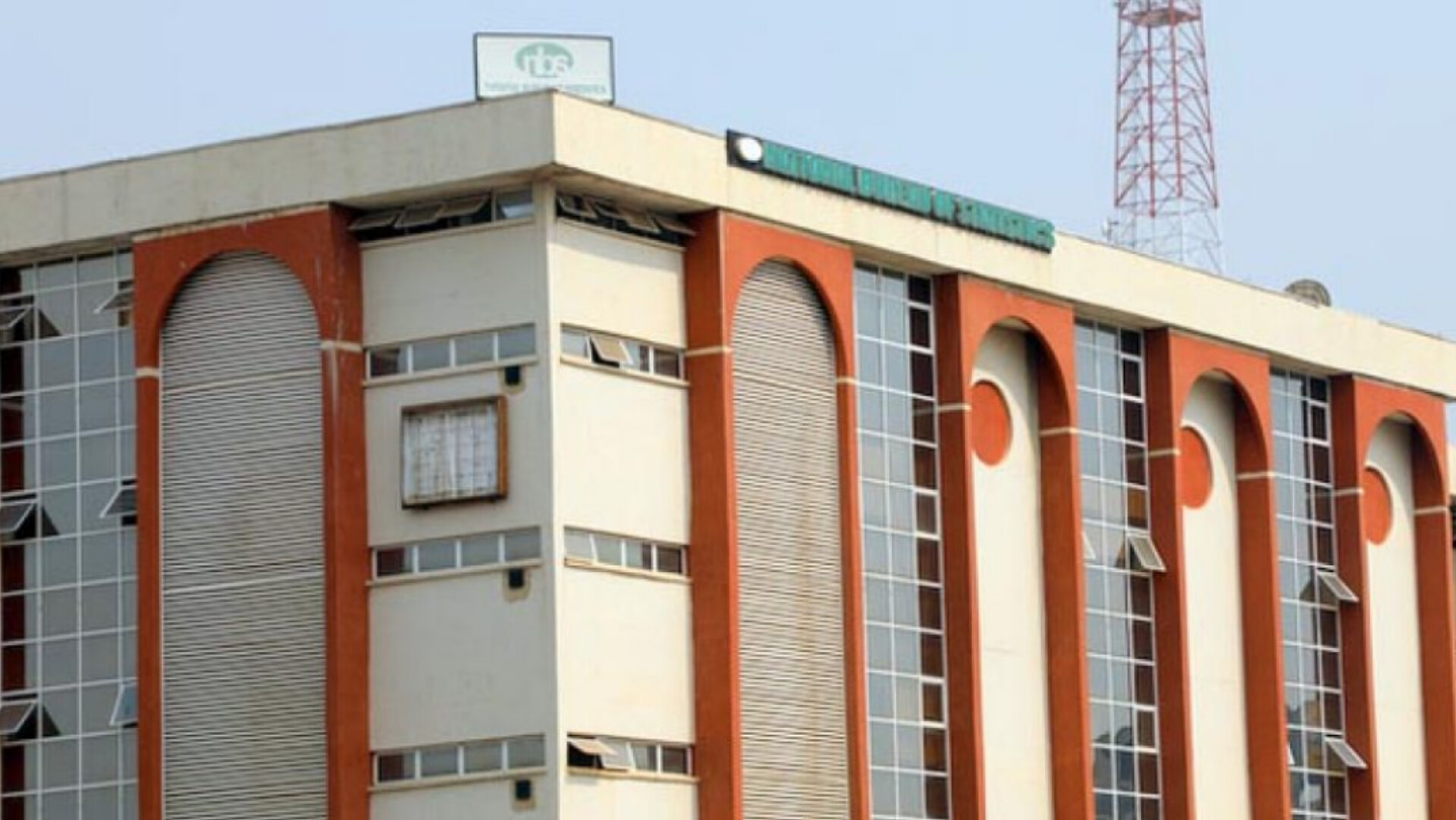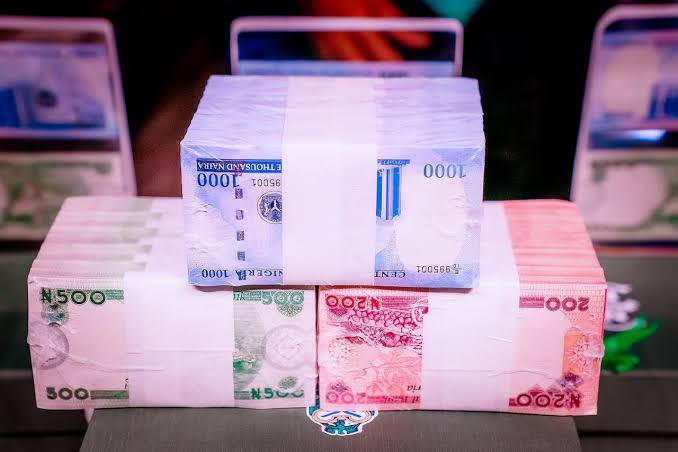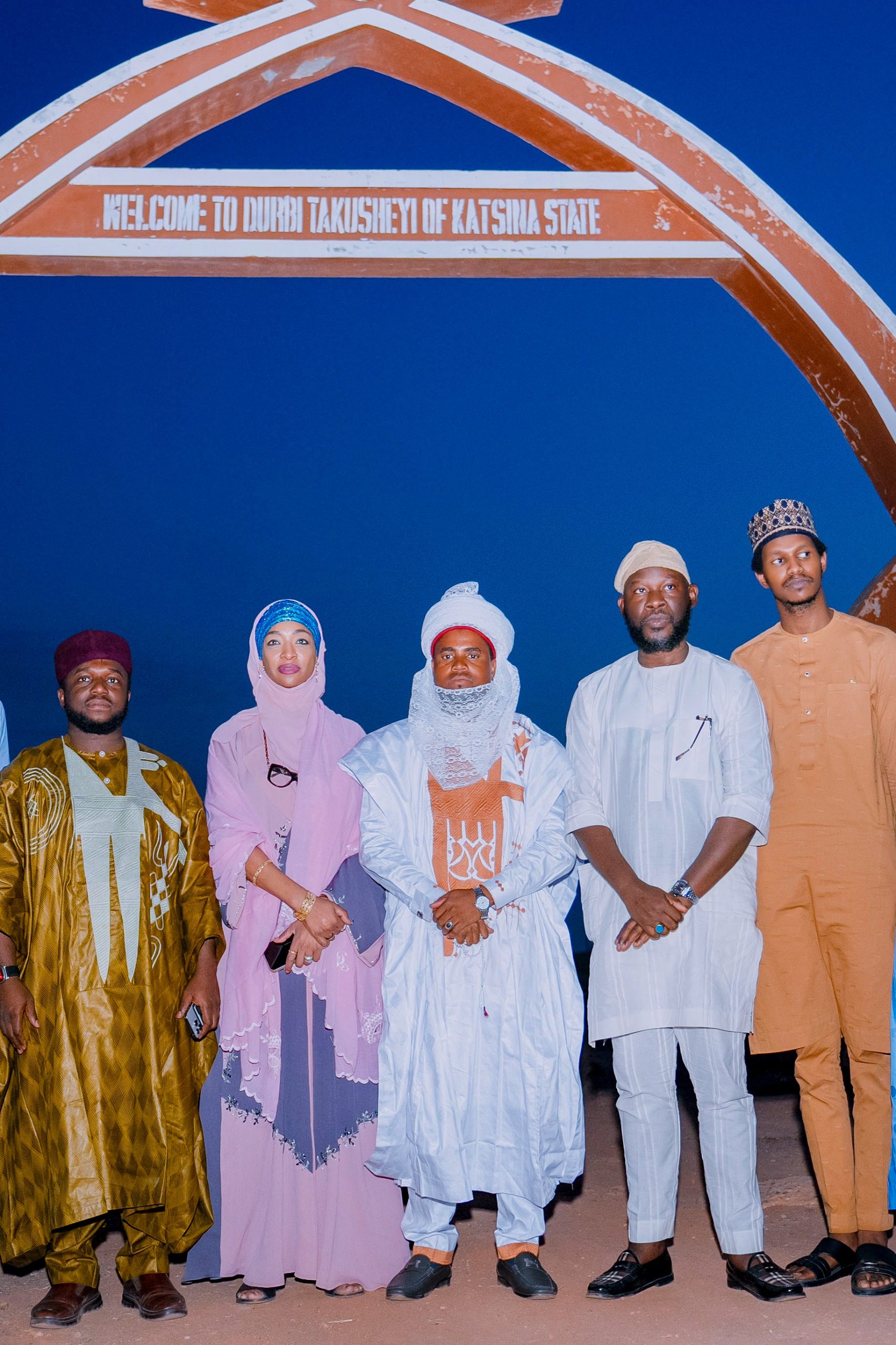The National Bureau of Statistics (NBS) in collaboration with other partners have launched a new indicator, the “Cost of a Healthy Diet.”
The indicator was produced by NBS in collaboration with esteemed partners such as the Global Alliance for Improved Nutrition (GAIN), Federal Ministry of Budget and Economic Planning, Federal Ministry of Health and Social Welfare, and the Federal Ministry of Agriculture and Food Security.
The Statistician-General of the Federation/ CEO Prince Adeyemi Adeniran in his opening speech at the launch of the indicator in Abuja on Wednesday explained that the Cost of a Healthy Diet (CoHD) is the least expensive combination of locally available items that meets globally consistent food-based dietary guidelines, used as a measure of physical and economic access to healthy diets.
“This is a lower bound (or floor) of the cost per adult per day excluding the cost of transportation and meal preparation.

“The data for this indicator is derived from the comprehensive food price data, a key component used in calculating the inflation rate.
“This indicator will provide invaluable insights into the current state of nutrition and affordability across the nation.
He pointed out that the available data on the indicator revealed the national average Cost of a Healthy Diet in October 2023 stood at ₦703.
“In October 2023, the average CoHD was highest in the South-East at ₦918 per adult per day, compared to ₦605 per adult per day in the North-East, which was the lowest.
“In November 2023, the National average Cost of a Healthy Diet was ₦742. The average CoHD was highest in the South-East at ₦920 per adult per day, compared to ₦616 per adult per day in the North-East, in November 2023.
“In December 2023, the National average Cost of a Healthy Diet was ₦786. The average CoHD was highest in the South-West at ₦979 per adult per day, compared to ₦663 per adult per day in the North-West.
Explaining further he stated that in recent months, the CoHD had risen faster than general inflation and food inflation. However, he observed that the CoHD and the food CPI are not directly comparable.
“The CoHD includes fewer items and is measured in Naira per day, while the food CPI is a weighted index.
“The results from this indicator can support an integral part of the Nigerian government’s commitment to improving the health and quality of life for its citizens by informing agricultural, economic, and health policies.
“This data also holds immense significance for policymakers and stakeholders involved in health and nutrition.
“The findings will be instrumental in crafting evidence-based policies aimed at improving the nutritional well-being of the population and contribute to progress towards Sustainable Development Goal 2.
“To access detailed information and insights about this indicator, please visit the NBS website at www.nigerianstat.gov.ng Hard copies of the report can also be obtained from the NBS Data shop at the NBS headquarters.
The country director of GAIN, Micheal Ojo said they are fulfilled to be part of the showcasing of the ground-breaking strides made
by the National Bureau of Statistics (NBS) Nigeria, as it commences the monthly
publication of the Cost of a Healthy Diet across the country.
“The Cost of a Healthy Diet
(CoHD) is the least expensive combination of locally available items that meets
globally consistent food-based dietary guidelines. It is used as a measure of physical and economic access to healthy diets.
“Given the country’s high and variable inflation, this publication is coming at the right
time.
“Data on food prices for nutrition is critical because it lays the groundwork for targeted interventions that will have a tangible impact on the lives of Nigerians, especially the most vulnerable.
“As we will see shortly, the data will help to identify supply challenges in specific foods or food groups, as well as the causes of poor diet quality, such as high prices and insufficient incomes, thereby providing policymakers
and other stakeholders with actionable insights for targeted interventions.
“The Cost of a Healthy Diet (CoHD) indicator is one of the indicators featured in the
Nigerian Sub-National Food Systems Dashboard.
“The Food Systems Dashboard is a comprehensive state-level dashboard that helps us to describe and diagnose
deficiencies and issues with our food system as well as provide inputs for decisions required for ensuring the viability of nutrition-sensitive food systems in each state and the FCT.
“The Dashboard brings together food systems data, with indicators to measure different aspects of the food system, helping to identify likely food system challenge areas and proffer recommendations for improvement.
“For the benefit of those who don’t know who we are, the Global Alliance for Improved
Nutrition (GAIN), is a Swiss-based foundation launched at the United Nations in 2002
to tackle the human suffering caused by malnutrition.
According to him their aim is to transform food systems to make healthier diets from sustainable food systems accessible to all people and especially those who are most vulnerable to shocks.
“By 2027, we aim to improve
the access of 1.5 billion people (globally) to nutritionally enhanced staple foods,improve the access of 25 million people (globally) to healthier diets, and support
positive food system transformation across the countries we work in. ”




